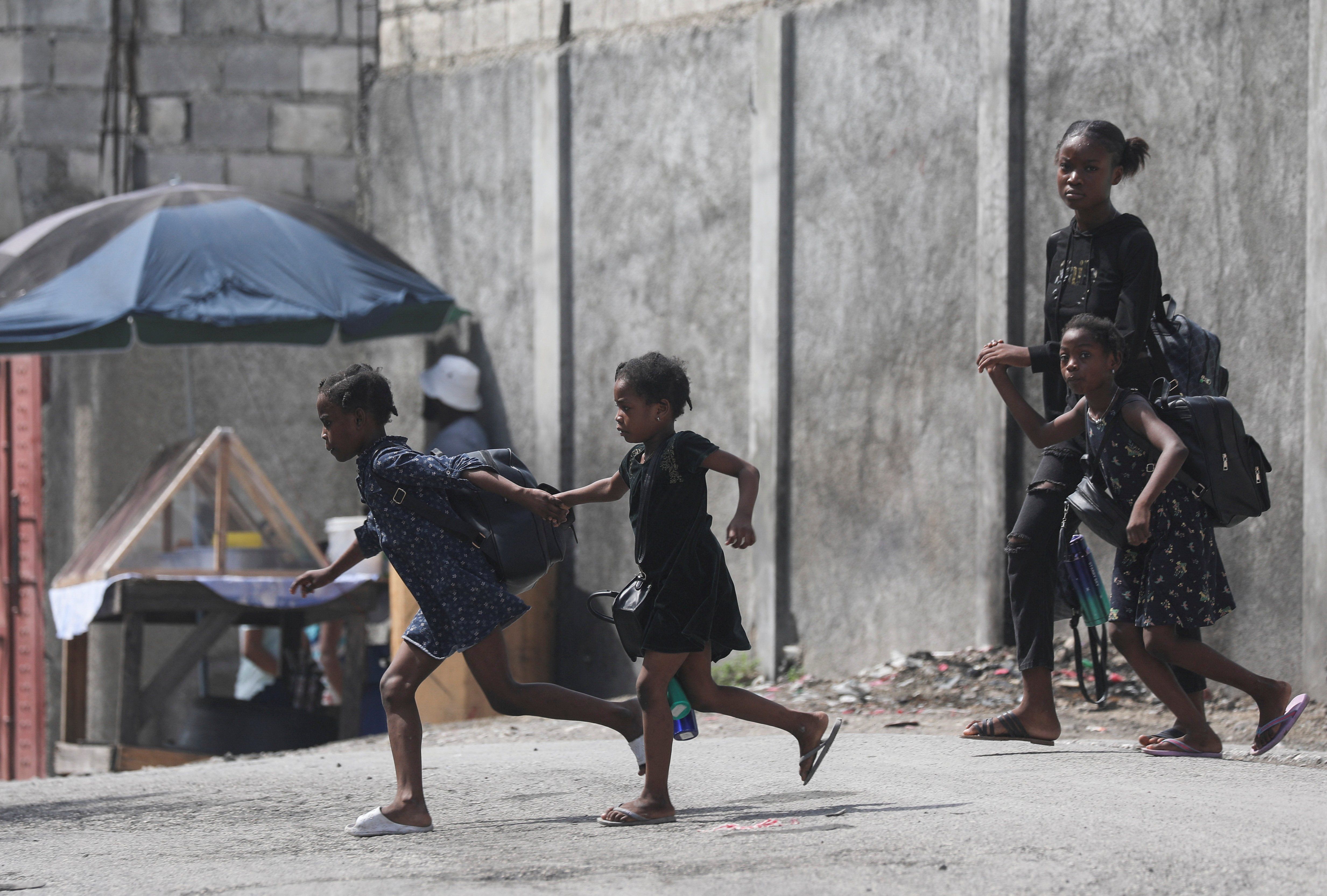Residents in Port-au-Prince’s government-controlled neighborhood of Solino have been sheltering from gang assaults that began late Thursday and intensified over the weekend. Haitian police backed by a small Kenyan-led mission are fighting to retain control of their key areas, roughly 20% of the city.
Terrified residents called local radio stations desperate for help, and the gang coalition known as Viv Ansanm posted videos of fighters hoisting weapons and saying those who oppose them will be “burned to ashes.” President Gary Conilleredeployed police and soldiers from elite units to fight instead of protecting VIPs. The attacks forced an inauguration ceremony for Haiti’s provisional electoral council to be moved to safer premises and coincided with the arrival of a mission from the Bahamas, which will deploy 150 troops to the Kenyan mission in the coming months.
Despite the security mission’s small initial successes, Haiti’s political situation has soured even more over the summer. The transitional presidential council is being rocked by corruption allegations, and severely deteriorating relations with the Dominican Republic — Haiti’s only land neighbor — are leading to calls for the dismissal of Foreign Minister Dominique Dupuy. We’re watching whether the fragile state apparatus can withstand this assault, and whether a stricter UN weapons embargo has any effect on the gangs.